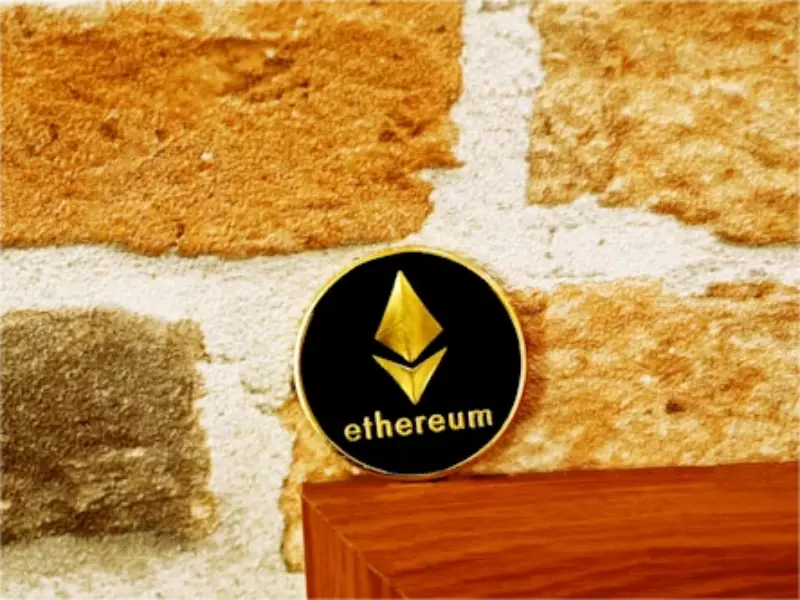- Older Ethereum funds saw outflows of $340 million, while new Ether ETFs attracted $1.17 billion in just four days.
- Grayscale converted its existing Ethereum Trust into an ETF and launched a new zero-fee ‘Ethereum Mini Trust’, which attracted $91 million amid market volatility.
OUR TAKE
In their debut week, the nine US ETFs holding Ethereum saw a significant shift. $340 million was withdrawn from an older, high-fee Ethereum product that was recently converted to an ETF, although this conversion was aimed at modernising the fund. Meanwhile, eight new Ether ETFs attracted $1.17 billion, showing that investors were keen to allocate funds to fresher, potentially more attractive options. This movement reflects investors’ willingness to embrace new structures in the dynamic crypto investment landscape, signalling a strong interest in the evolving cryptocurrency opportunities.
—Heidi Luo, BTW reporter
What happened
The nine US ETFs holding the Ethereum cryptocurrency experienced outflows totalling $340 million in their first week of trading.
This large outflow occurred as investors moved funds out of an older, higher fee product that had recently been converted to an ETF following new regulatory approvals.
At the same time, the eight newly launched Ether ETFs experienced significant inflows, attracting $1.17 billion in just four days of trading.
This inflow was most pronounced in the ETFs managed by BlackRock, Bitwise and Fidelity, which together took in over $900 million.
In contrast, Grayscale’s long-standing Ethereum Trust suffered a steep decline, losing $1.5 billion as investors took advantage of the new ETFs to reallocate their investments.
Also read: US spot ether ETFs debut, boosting crypto industry
Also read: Chinese investors pile into Saudi ETFs as two nations grow closer
Why it’s important
Ether ETFs allow investors to engage with the Ethereum cryptocurrency without directly buying or managing it, making the investment process simpler and more familiar, similar to traditional equity investments.
After receiving approval from regulatory bodies such as the US Securities and Exchange Commission, these Ether ETFs have been integrated into the broader financial market.
This move marks a major step forward in the recognition of cryptocurrencies such as Ether as legitimate asset classes, reflecting their acceptance and growth within the financial sector.
Grayscale recently converted its existing Ethereum fund into an exchange-traded fund (ETF), making it easier for investors to trade shares in the fund on the stock exchange.
In addition, to potentially reduce the impact of outflows due to the changeover and to attract new investment, Grayscale launched a new investment product called the ‘Ethereum Mini Trust’, which charges no fees. In the last week alone, this new trust has attracted $91 million, showing significant investor interest.
Despite these developments, the price of Ether, the cryptocurrency behind these funds, fell by 4.6% to around $3,331. However, it’s still up around 46% this year.
This post-launch dip isn’t unique to ethereum, as something similar happened when bitcoin ETFs launched, revealing just how volatile cryptocurrency investments can be.

